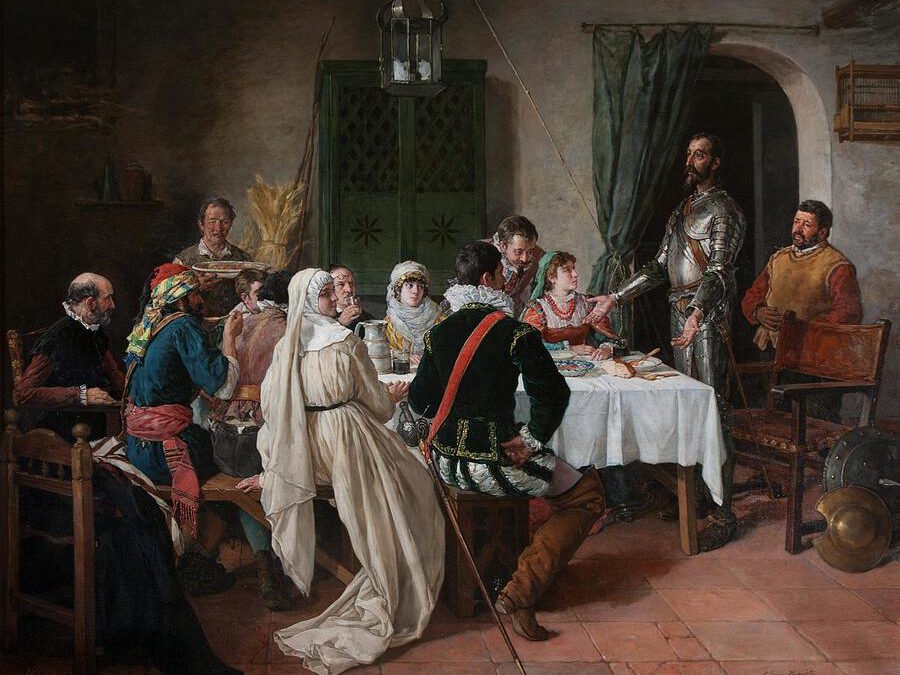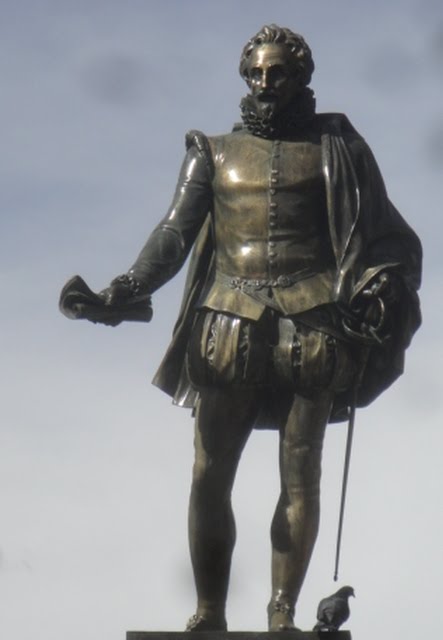


EL DISCURSO DE LAS ARMAS Y LAS LETRAS EN EL QUIJOTE
El Discurso de las Armas y las Letras de El Quijote MANUEL HERRANZ MARTIN UNIVERSIDAD AUTÓNOMA DE MADRID manuelherranz@banderablanca.com Espero de esta honrada Universidad de Alcalá de Henares, en cuyas riberas rio el maestro de la Humanidad por vez primera, que me...
CERVANTES, PRINCIPE DE LA PAZ El Quijote como referencia para la Propuesta de Reforma de la ONU
En todo el mundo se considera El Quijote como una obra maestra de la literatura universal en aprecio a sus muchos valores y logros literarios. Pero sin entender su sentido. Ahora veremos porqué, y por qué es hora de que se haga ya público. El nacimiento de la novela...
PROPUESTA DE REFORMA DE LA ONU -Y 4. SU EJECUCIÓN
La ejecución de la reforma de la ONU es la respuesta a esta petición y exigencia de cese absoluto de la intención o propósito de daño, esto es; el alto el fuego allí donde haya conflicto armado y la congelación total del desarrollo del arma en cualquier forma posible....
CICERON Y MOZI: UNA MISMA VISIÓN DE LA HUMANIDAD. Nota a la propuesta de Reforma de la ONU
Espero que estas líneas sobre un gran maestro del cultura occidental, Cicerón, tengan más efecto que las que suelo escribir basándome en la filosofía china de Mozí, pues quizás lo que escribo de China causa cierto rechazo o genera menos atención entre los lectores...
